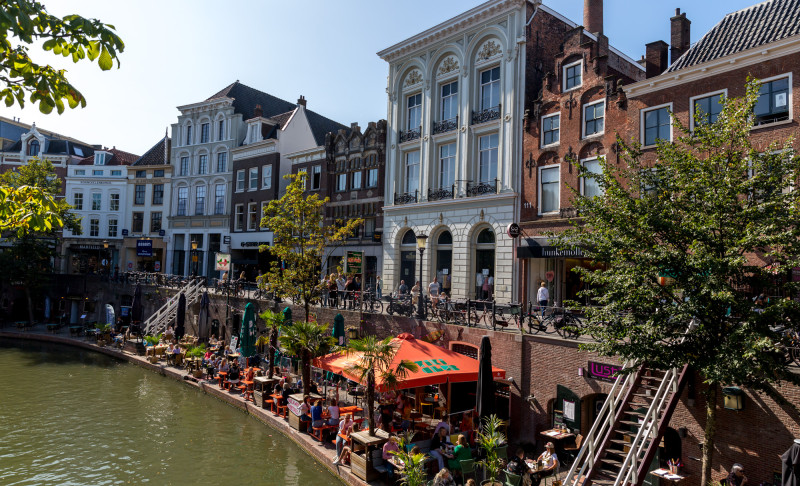Description
When asked about 20th century Europe, most people's first associations are either Adolf Hitler or the Second World War. In the 20th century, however, Europe experienced not just one, but three horrific wars: the First World War, the Second World War and the Cold War that followed in the wake of the two World Wars. The first half of the 20th century is therefore often labelled as 'The Era of Violence', and perhaps rightly so. Still, this century can just as easily be seen as an era of rebuilding, transatlantic collaboration, and global connections; showing that the 20th century is much more multifaceted.
This course will guide you through a variety of questions relating to the First and Second World Wars. Such as: "Why did these wars occur and what caused them to happen?"; "What were the consequences on a human and political level?"; "How did international society deal with the wars?"; "What circumstances caused the Cold War to follow in its aftermath?". You will study these questions pertaining directly to these three wars, while also gaining an insight into major changes that took place in other areas of society. These changes included the way people lived, new political ideas and ideologies, key economic developments and profound progress in science and technology. The 20th century may have seen more technological and scientific progress than all the other centuries combined since the dawn of civilization.
You will receive lectures on a variety of historical topics spanning the histories of the three wars as well as topics such as international cooperation and multilateralism, which resulted in international organizations such as the United Nations. We will also focus on the relation between the United States and Europe, the fall of communism and decolonisation. Several excursions to historically important places are part of the programme.
Day to Day Documents
Draft syllabus C09 The Twentieth Century - Europe in Three Wars_2026.pdf
Target audience
This programme has been designed for students of the humanities and social sciences, including economics and business, political sciences, European studies, international relations, history, culture studies and sociology, the sciences and engineering at senior undergraduate or graduate level with an interest in European culture, society and politics.
Aim of the course
At the end of this course, students should be able to:
- Describe and evaluate different theories and conceptualisations of the wars and other historic developments of the 20th century
- Discern and analyse key factors of the various wars, expanding international relations and other related phenomena
- Demonstrate an understanding of the political, socio-economic and cultural aspects causing these developments
- Demonstrate this knowledge and understanding in speech and writing.
Study load
A minimum of: 7 lectures; 4 seminars; 1 day excursion; 1 exam; 1 certificate ceremony.
Costs
-
Course fee:
€999.00
-
-
Included:
Course + course materials
-
Housing fee:
€550
-
Housing provider:
Utrecht Summer School
Additional information
The housing costs do not include a Utrecht Summer School sleeping bag. This is a separate product on the invoice. If you wish to bring your own bedding, please deselect or remove the sleeping bag from your order.
Tags
